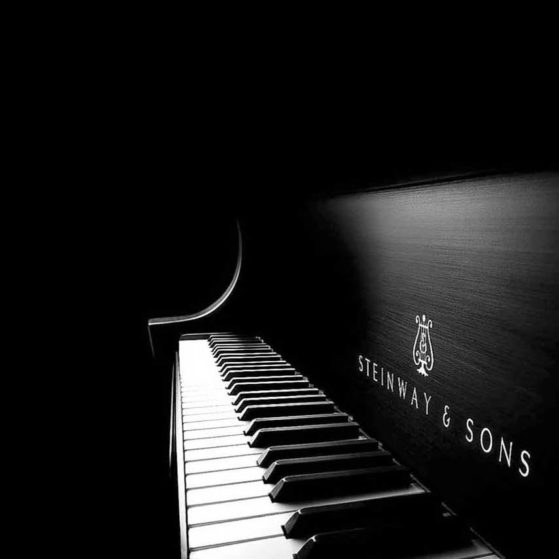
New York Times Review
A sparsely attended concert at Zankel Hall on Tuesday evening by the Hungarian pianist Denes Varjon demonstrated the difficulty of marketing an artist who may be admired by musicians and industry professionals but is not well known among a broader audience in this country.
Mr. Varjon, 47, appears often at high-profile halls and festivals in Europe but less frequently in America. His playing is not controversial or eccentric; his demeanor is modest and unremarkable. His interpretations of oft-programmed pieces on this occasion were elegant, passionate and always technically impressive, his compelling artistry superior to some of the starrier pianists who perform regularly on the main stage of Carnegie Hall.
Mr. Varjon offered an engrossing performance of Schumann’s Fantasy in C, a love letter to Clara Wieck, his future bride and a mesh of the composer’s alter egos, the dreamy Eusebius and the fiery Florestan. Mr. Varjon’s immaculately voiced, tenderly singing lines and the yearning he conveyed in the delicately shaded intimate moments offered a bracing contrast with more tumultuous sections.
He played Schumann’s less-often performed but intriguing version of the final movement, discovered in a Budapest library in the 1970s. The concluding passages quote, in a harmonically unconventional way, the motif from Beethoven’s song cycle “An die ferne Geliebte,” a theme that also appears in the Fantasy’s first movement and unifies the work.
Mr. Varjon opened the program with a full-blooded, characterful and crisply articulated rendition of Haydn’s Sonata in E minor (Hob. XV1:34). Selections from Book I of Janacek’s “On an Overgrown Path,” including “In Tears” and “The Barn Owl Has Not Flown Away,” were colorfully rendered.
The evening ended with alluring performances of five Chopin works, including elegantly voiced mazurkas and a powerfully wrought Ballade No. 2 and Scherzo No. 2, whose technical challenges Mr. Varjon deftly conquered.
As an encore, he offered Mendelssohn’s “Rondo capriccioso” — a satisfying end to a fulfilling evening. One hopes that the next time Mr. Varjon performs in New York he will attract the audience he deserves.

